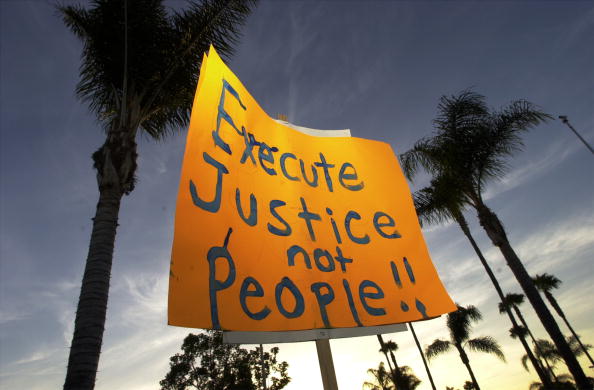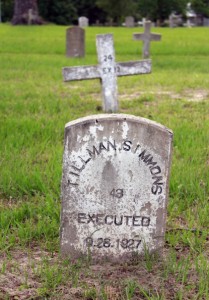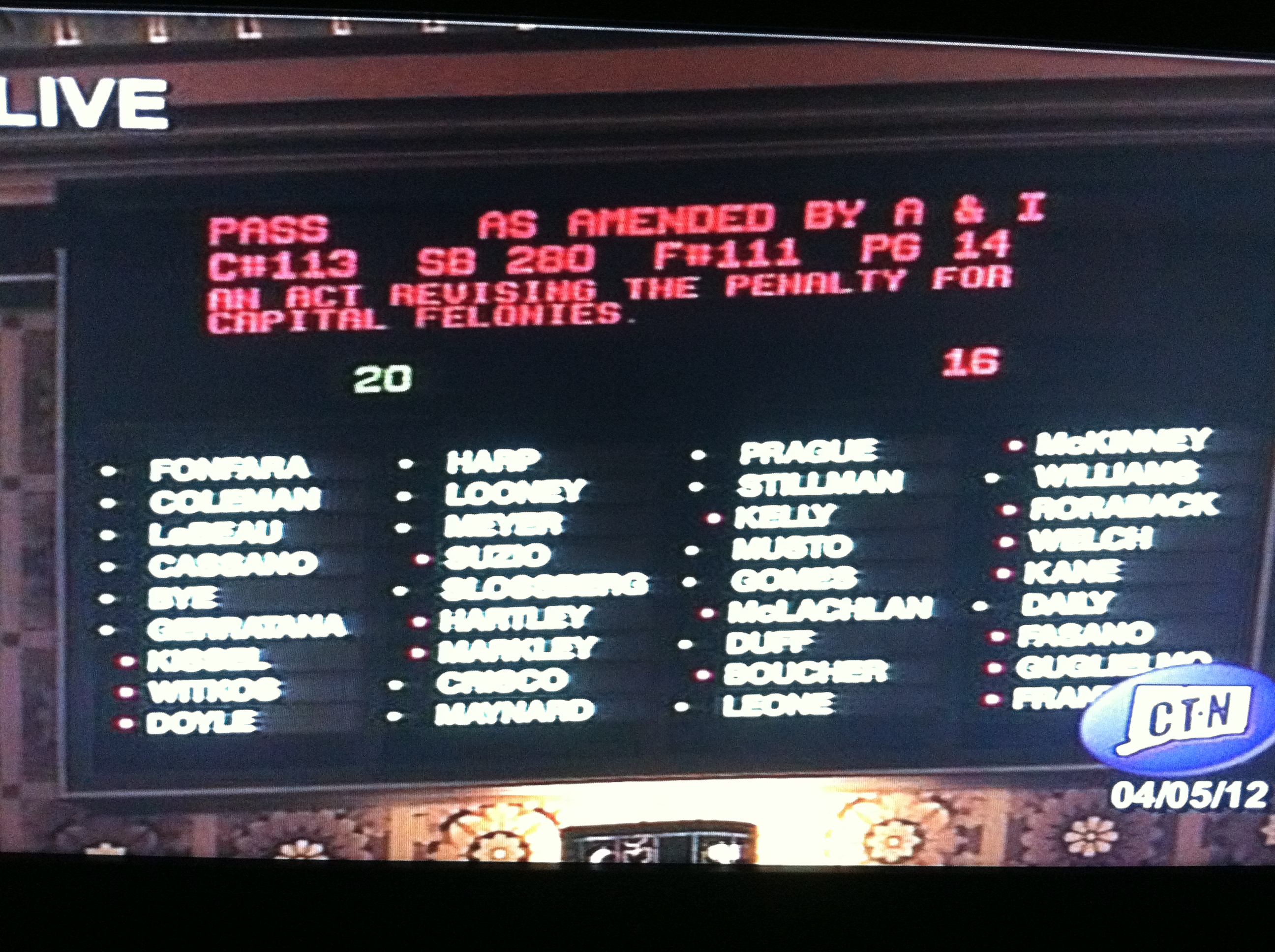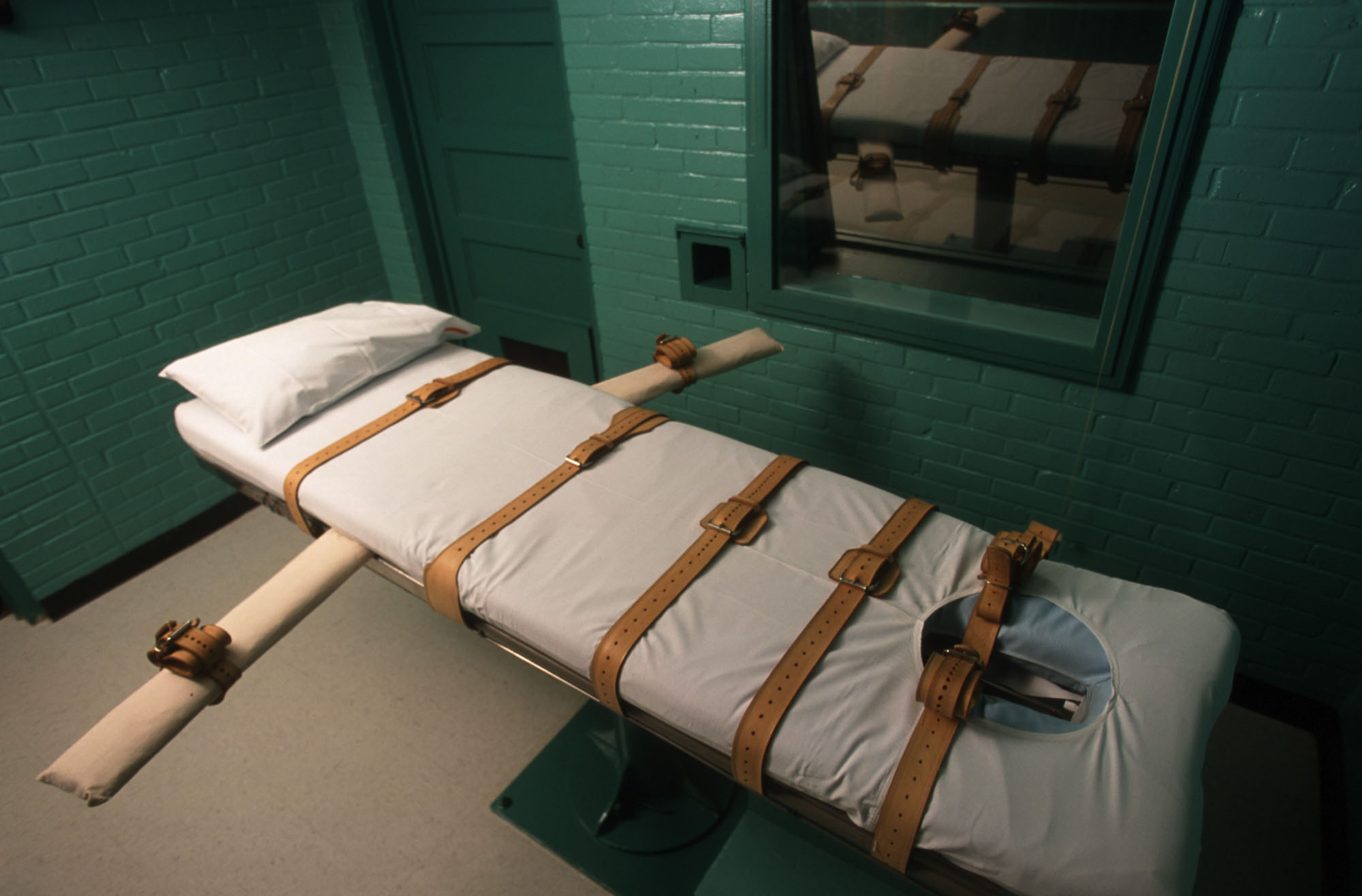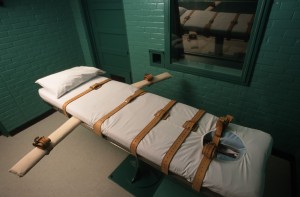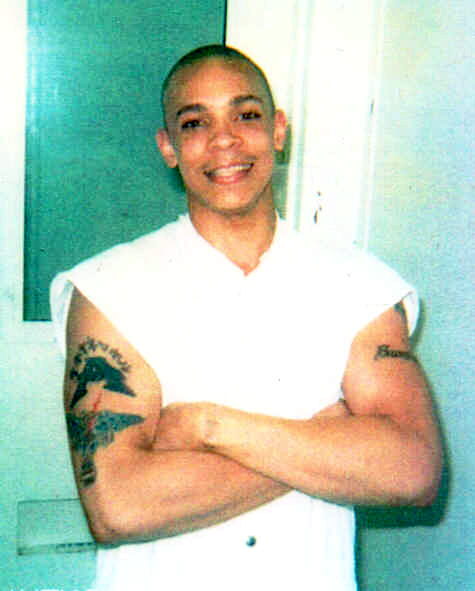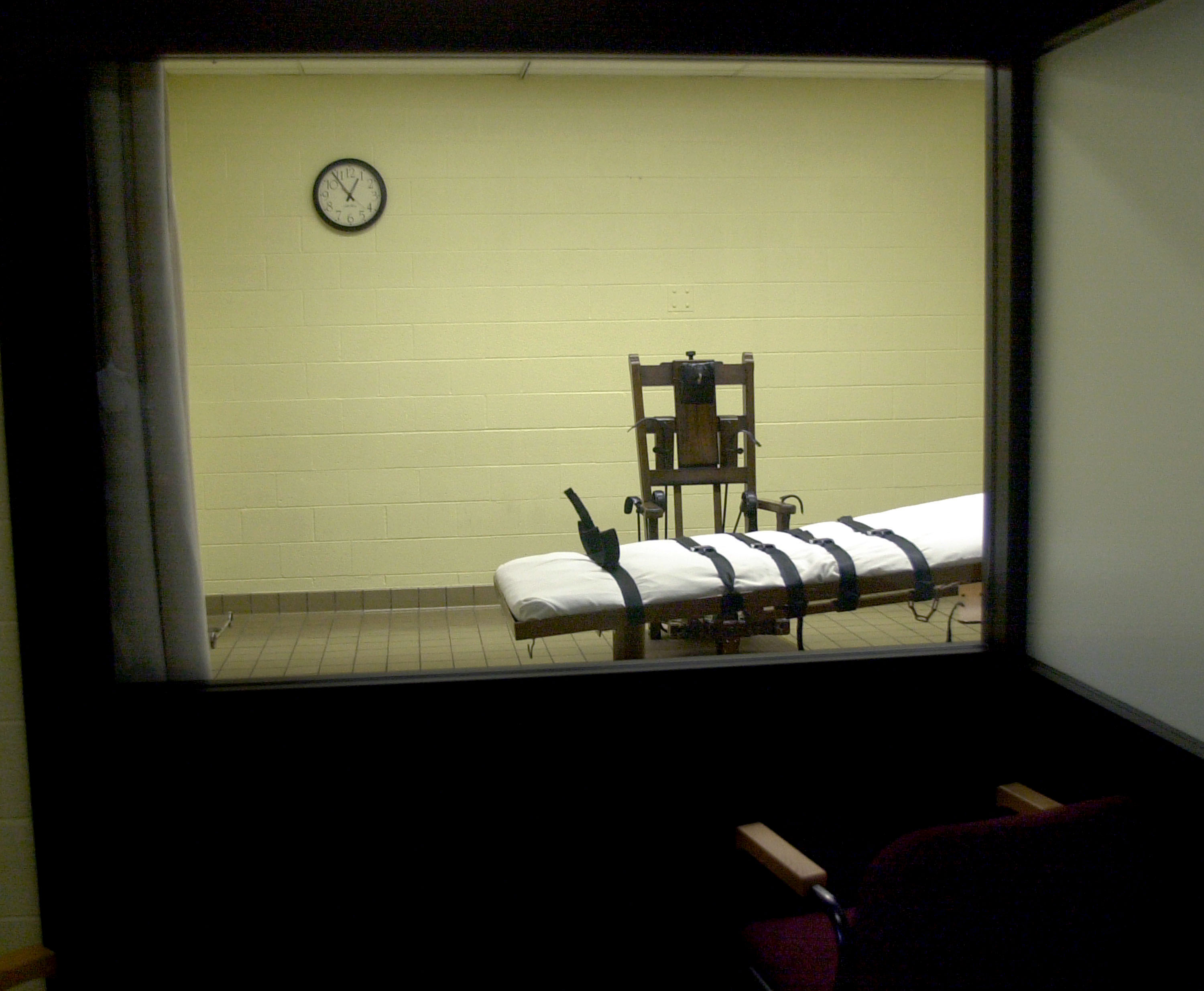
As death sentences and executions dwindle around the country and most states are abandoning the death penalty, a few states are determined to keep executions rolling. Top of the list is Texas, the state that’s now gearing up to execute a man who never killed anyone.
Jeffrey Wood is scheduled for execution on August 24th, but he didn’t commit murder. He was waiting in a car while Daniel Reneau committed a robbery and, ultimately, killed Kriss Keeran. Reneau was executed in 2002, but according to the “law of parties,” Wood is considered equally culpable simply for sitting in the car outside. The law of parties has only been invoked for execution ten times, and five of those were in Texas. SEE THE REST OF THIS POST
